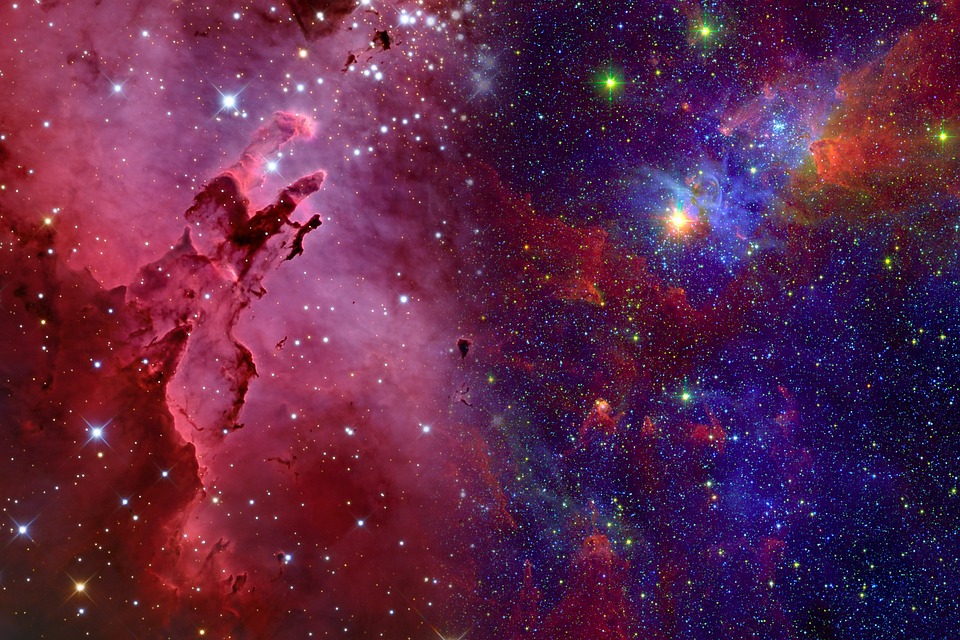The Bahá’í teachings present a panoramic vista of cultural interconnection, offering profound insights into the underlying mechanics of cultural dynamics. At the heart of this paradigm is the doctrine that humanity is one, underlined by the concept of the oneness of God, humanity, and religion. This framework invites a reconsideration of how cultures operate, not as isolated entities, but as threads woven into the vast tapestry of human experience, each contributing to an overarching narrative. As such, we embark on a journey to examine the Bahá’í perspective on culture, elucidating its shared meanings and interdependencies.
To appreciate the cultural interplay elucidated in Bahá’í teachings, it is vital to begin with the foundational concept of unity. The assertion that “the earth is but one country, and mankind its citizens” encapsulates the essence of cultural interaction. This principle posits that diverse cultures, while seemingly distinct, share a common origin and destiny, creating an intricate web of relationships. By understanding this unity, we can delve deeper into how culture functions as a collective experience rather than a fragmented existence.
Moreover, Bahá’í teachings emphasize the importance of language and expression as mediators of cultural exchange. Language, as a symbolic communication system, transcends mere vocabulary; it embodies the values, beliefs, and experiences of a community. The nuances of language carry cultural significance, allowing individuals to navigate through their social environments. This notion of linguistic relativity underscores the belief that language shapes perception, enabling individuals to formulate their understanding of the world around them. Thus, when examining how culture functions, one must consider the role of language not merely as a communicative tool but as a cultural vessel that shapes identities and reflects shared experiences.
Another critical dimension of the Bahá’í understanding of culture is its adaptability and evolution. Cultures are not static; they are living entities that respond to external stimuli—be they technological advancements, cross-cultural exchanges, or socio-political transformations. Bahá’í teachings advocate for the concept of progressive revelation, suggesting that knowledge, culture, and understanding evolve in tandem with humanity’s spiritual and social development. This suggests that cultural practices can dissolve, transform, or integrate new elements, leading to a continuous reinvigoration of societal norms and values. Consequently, recognizing this adaptability fosters a more inclusive and dynamic viewpoint on how cultures coalesce and redefine themselves over time.
In lieu of examining cultural mechanics, one must also confront the duality of cultural identity: individual versus collective. This duality is encapsulated within the Bahá’í framework, which promotes individual rights and liberties while simultaneously underscoring the importance of collective responsibility. Balancing personal cultural expressions with communal identity plays a significant role in understanding cultural dynamics. Individuals often find themselves navigating the complexities of their cultural heritage against the backdrop of global interconnectedness. In this light, cultural identities become multifaceted, allowing for a confluence of traditions that enrich the human experience rather than constraining it to monolithic ideologies.
The interplay of culture and spirituality further shapes how meaning is distilled from shared experiences. The Bahá’í creed posits that spirituality influences human interactions and cultural manifestations, bridging divides and fostering harmony. This relationship invites a reevaluation of cultural practices that may, at first glance, appear incongruous with spiritual principles. The exploration of sacred art, music, and literature within the Bahá’í teachings exemplifies how culture can serve as a conduit for spiritual expression. Through artistic endeavors, individuals communicate their innermost thoughts and emotions, reflecting collective aspirations and experiences. Such cultural artifacts transcend barriers of culture and ideology, resonating with humanity’s shared longing for understanding and peace.
Furthermore, the Bahá’í view of culture as a living dialogue between diverse backgrounds amplifies the significance of intercultural engagement. Cultural exchange fosters a deeper appreciation for humanity’s tapestry, whereby nuanced differences illuminate commonalities, enriching individual and collective understandings. The Bahá’í teachings endorse the crossing of cultural thresholds to grasp the essence of global harmony. Interactions among varying cultures invite a reconfiguration of perspectives, flowering into both mutual respect and collaborative endeavors. Thus, intercultural exchange not only enriches personal experiences but also weaves together the shared narrative of human progress.
In delving into the intersections of culture, identity, and spirituality, the Bahá’í teachings present a compelling framework to understand the collective human experience. This worldview urges an expansion of empathy and understanding, inviting individuals to transcend parochial perspectives. By fostering an awareness of our interconnectedness, the Bahá’í principles inspire a commitment to cultural appreciation, encouraging individuals to recognize the intrinsic value of diverse expressions. In doing so, we acknowledge that each culture contributes uniquely to the harmonization of collective human aspiration.
The profundity of the Bahá’í teachings lies not only in their emphasis on unity but also in their pragmatic approach toward cultural dynamics. They unveil the latent potential of culture as a shared medium through which humanity can forge connections, promote understanding, and nurture a profound sense of belonging. As we endeavor to engage with the complexities of our shared existence, let us draw inspiration from this enlightening perspective, fostering an attitude of inclusivity, compassion, and mutual respect. Through such endeavors, we cultivate a universe of shared meaning, redefining how culture truly works in the pursuit of a harmonious global society.
